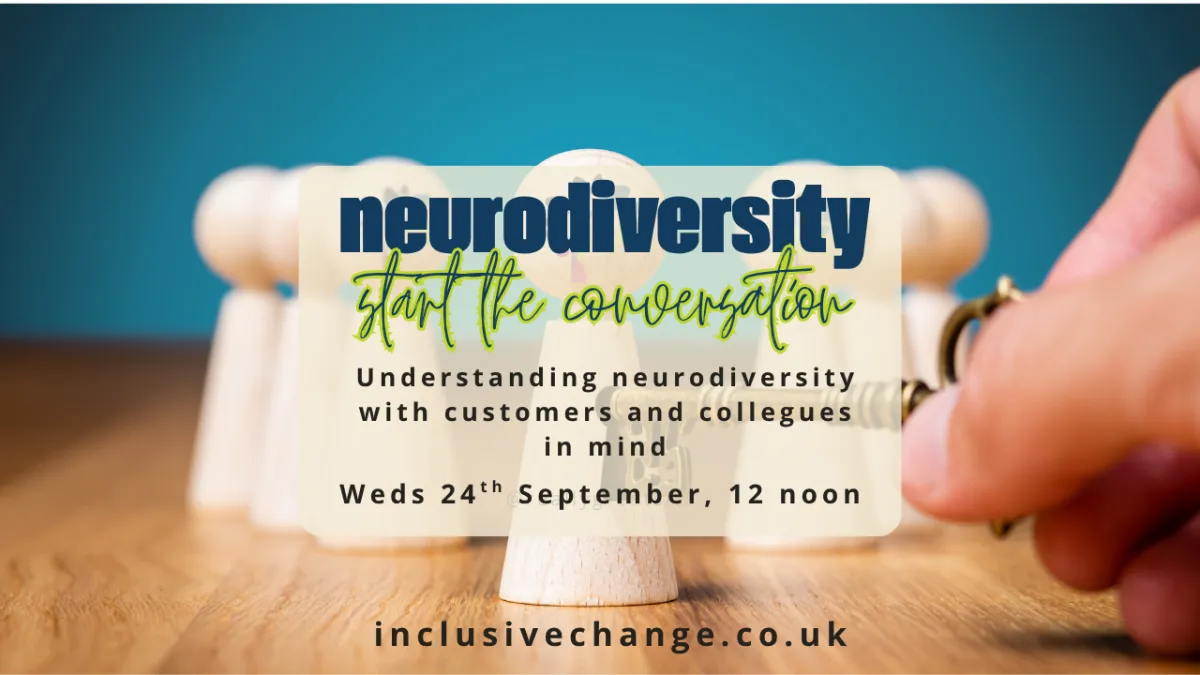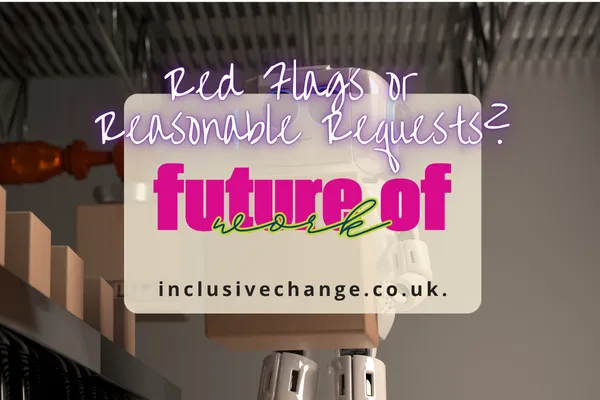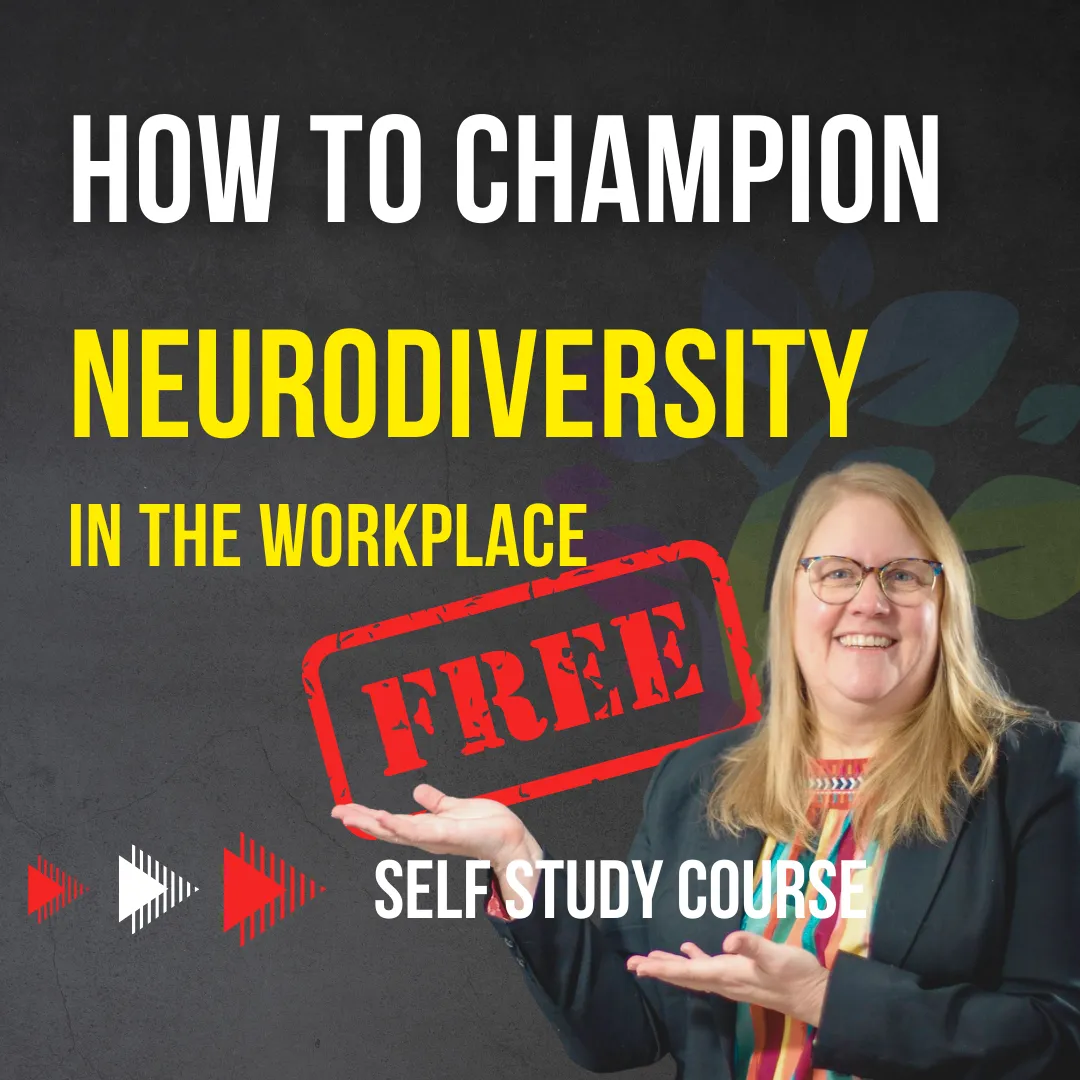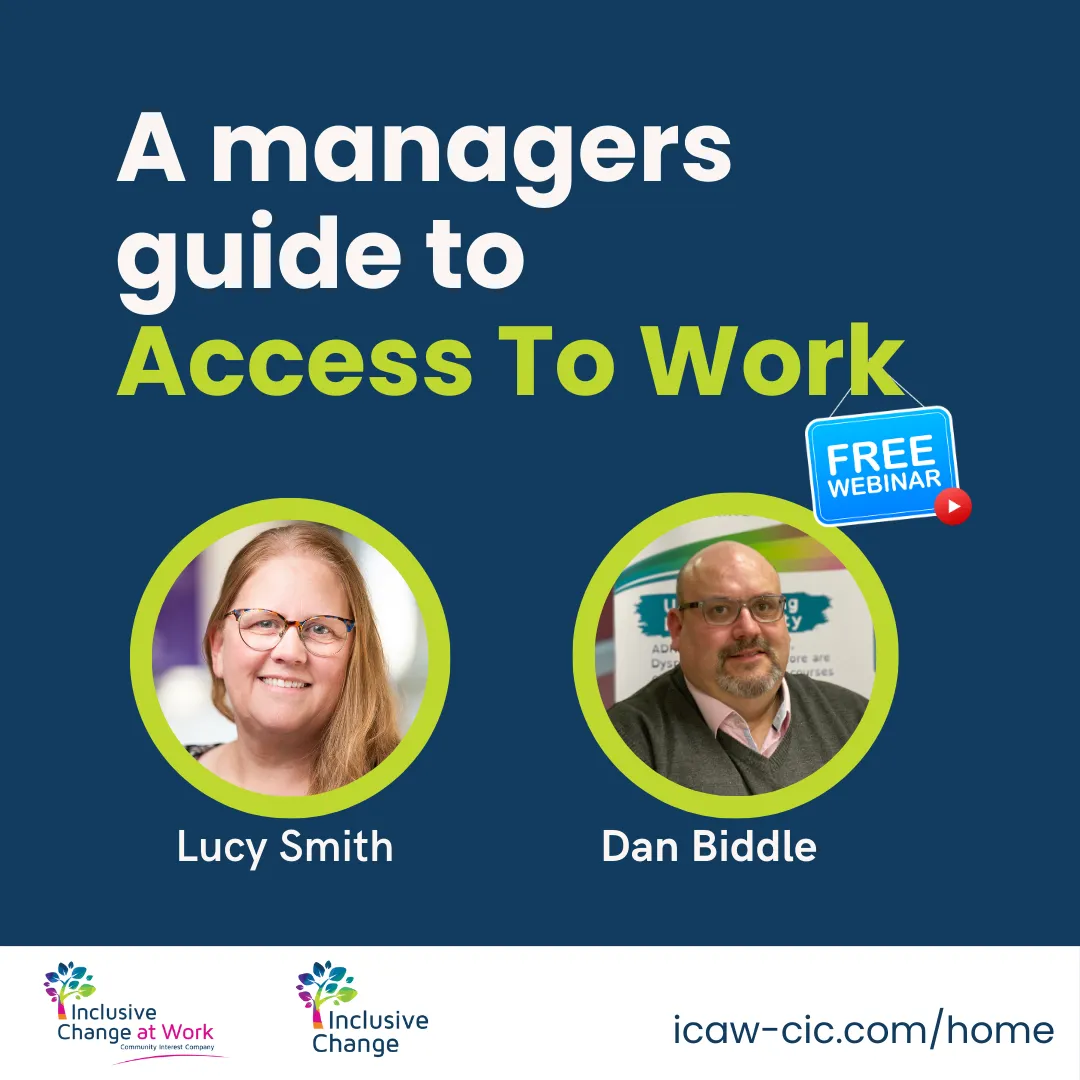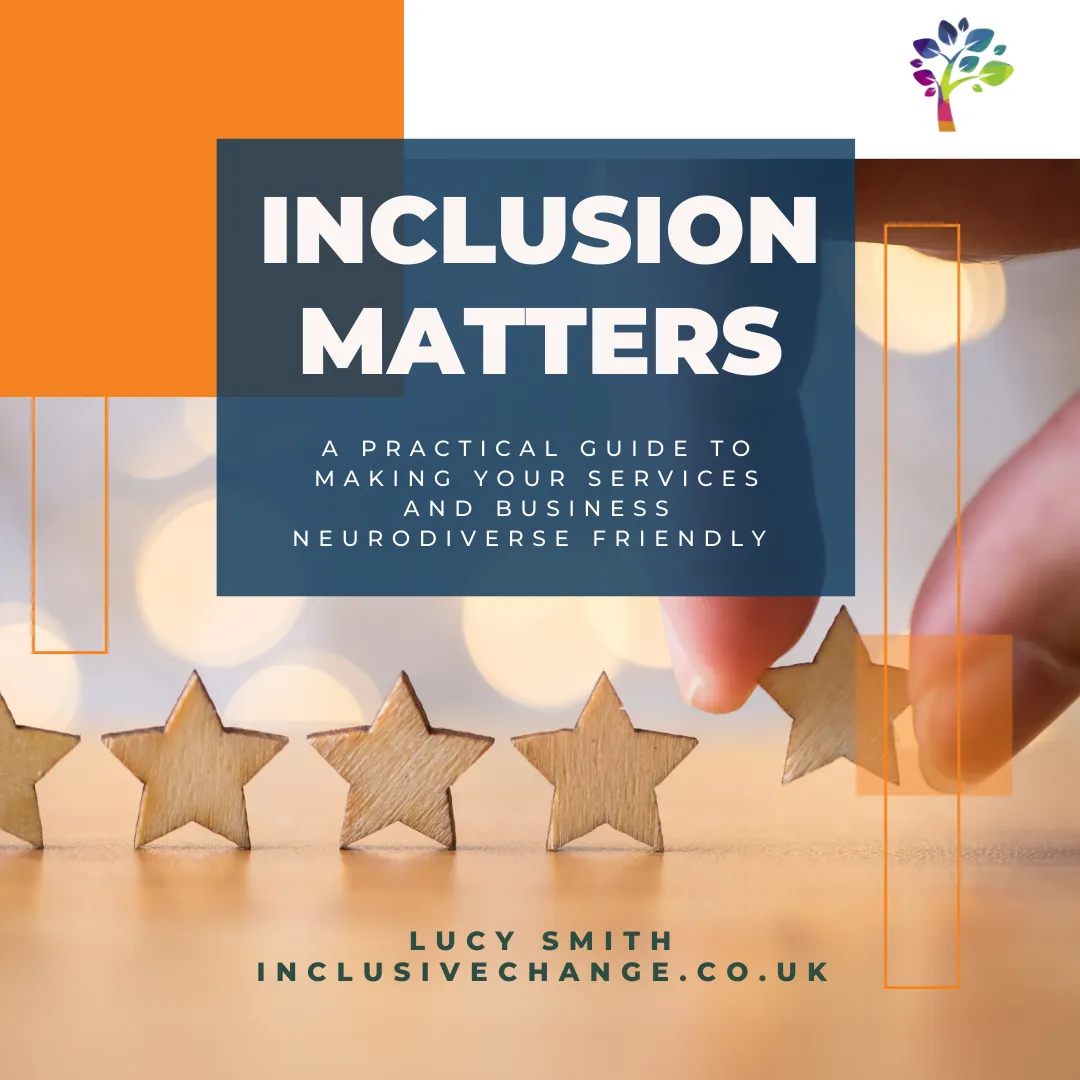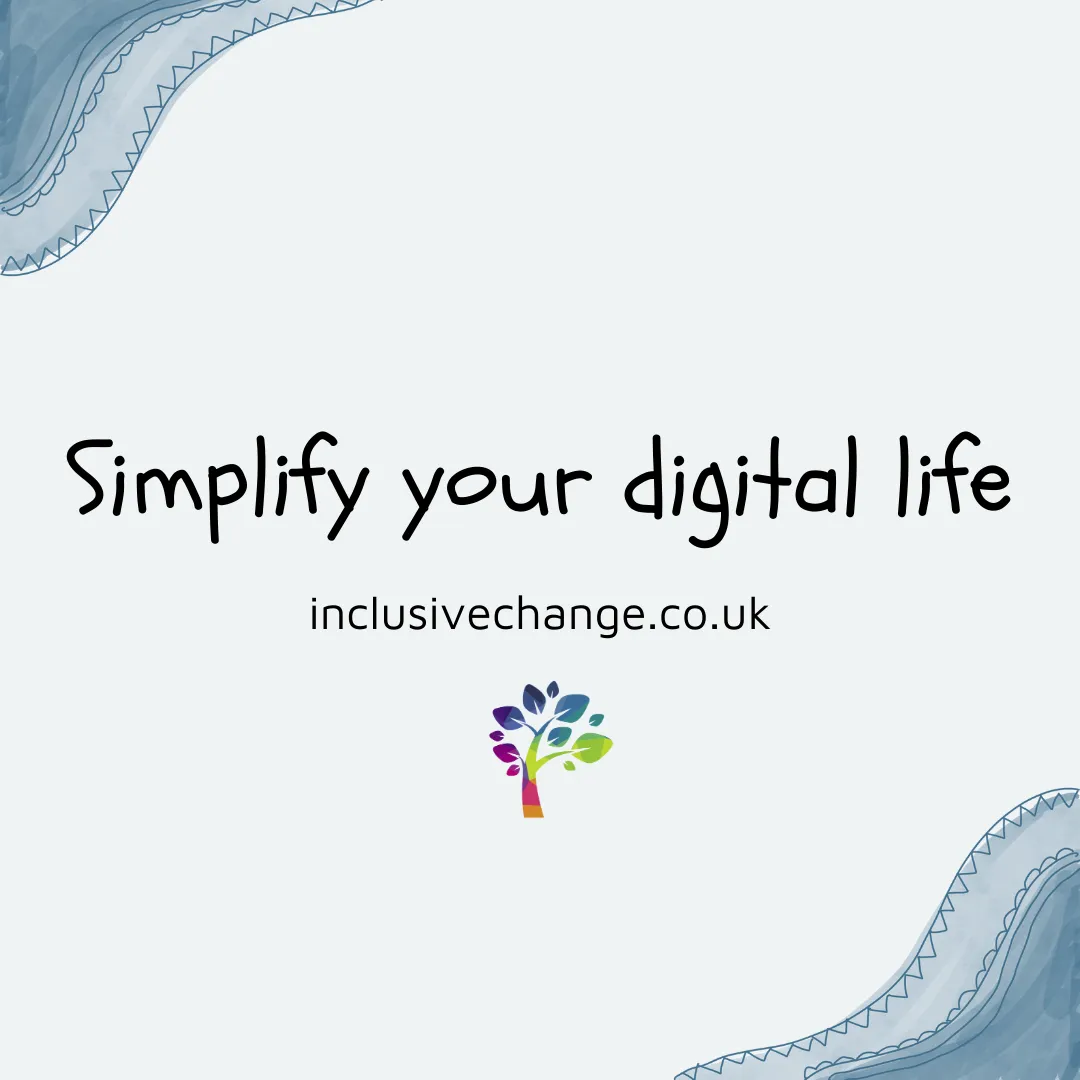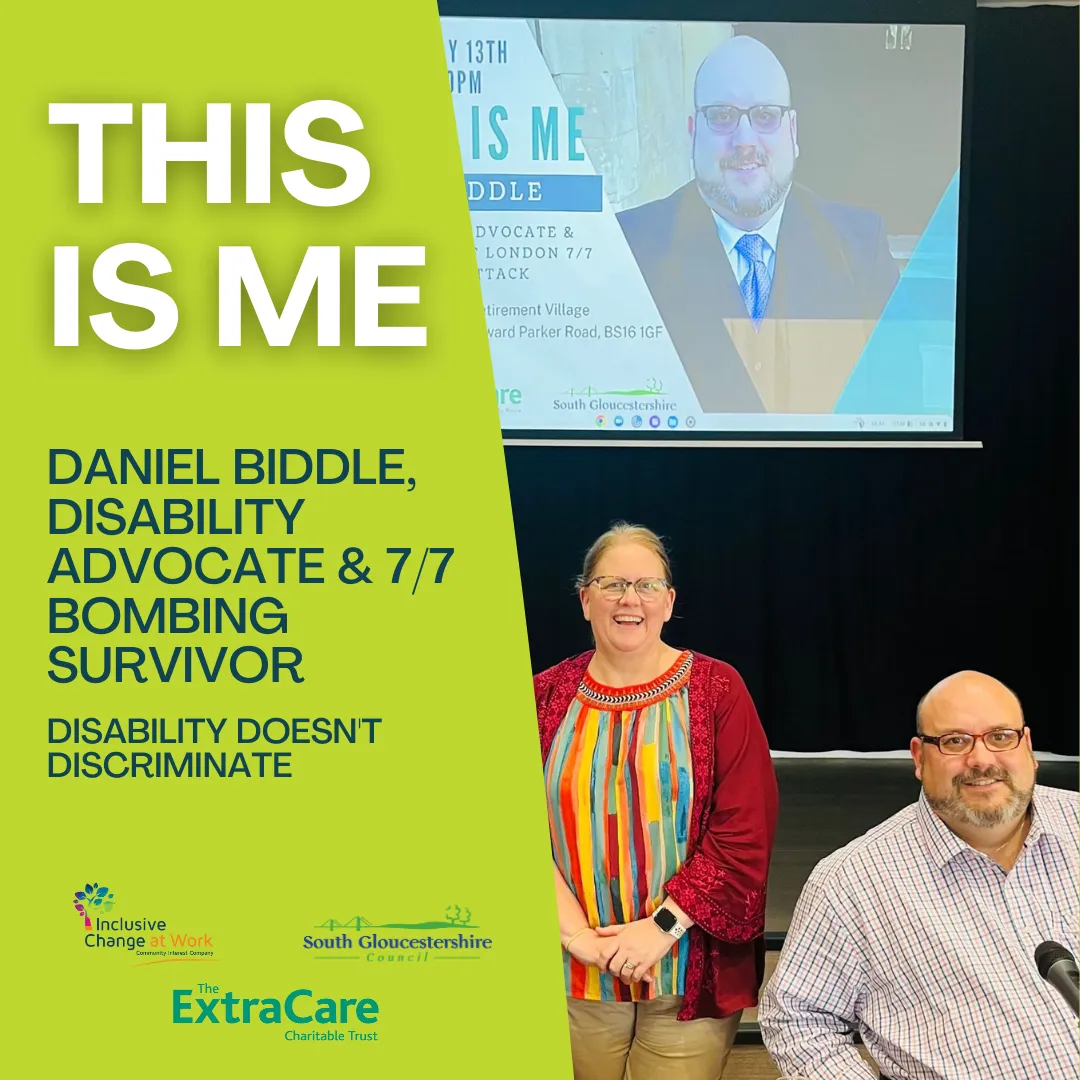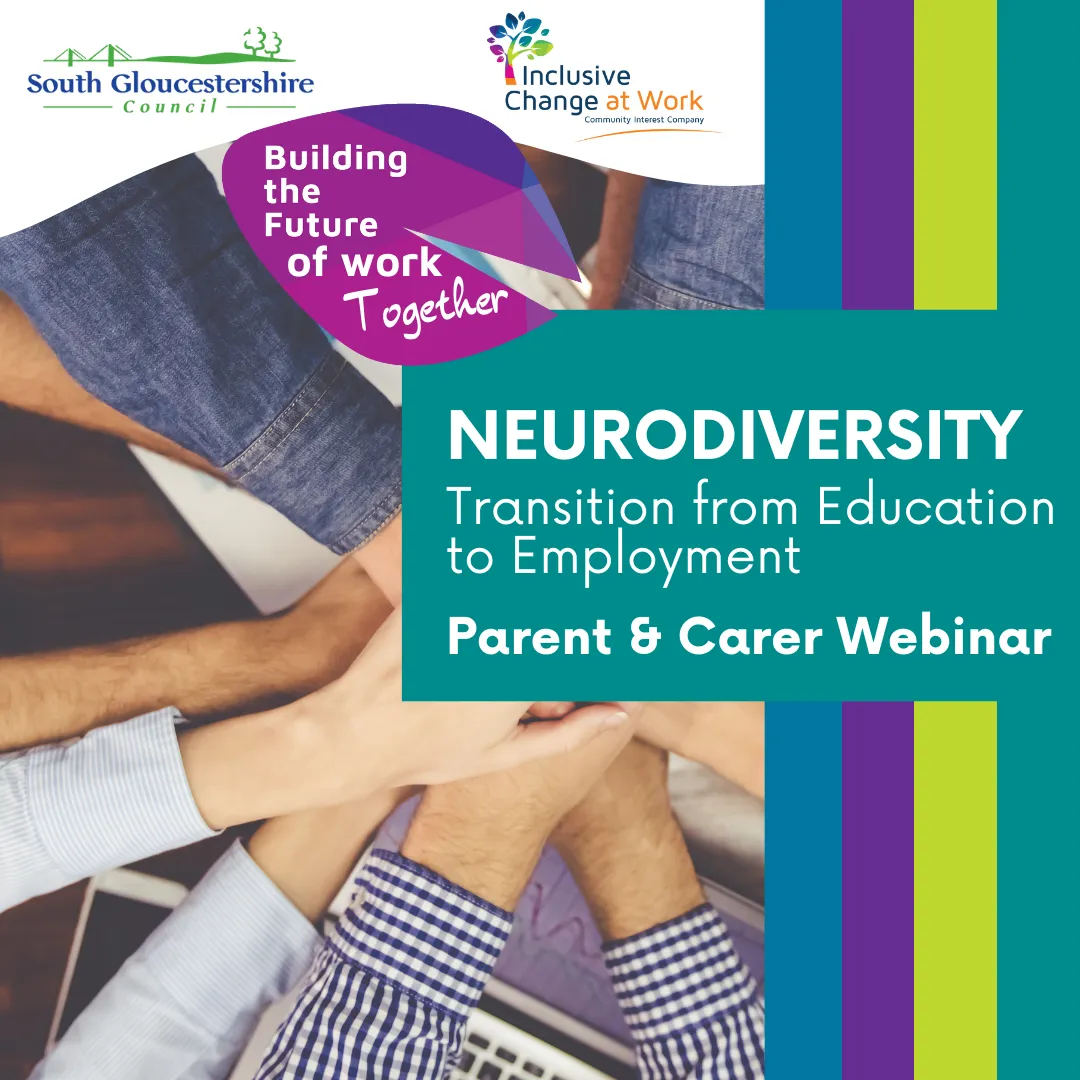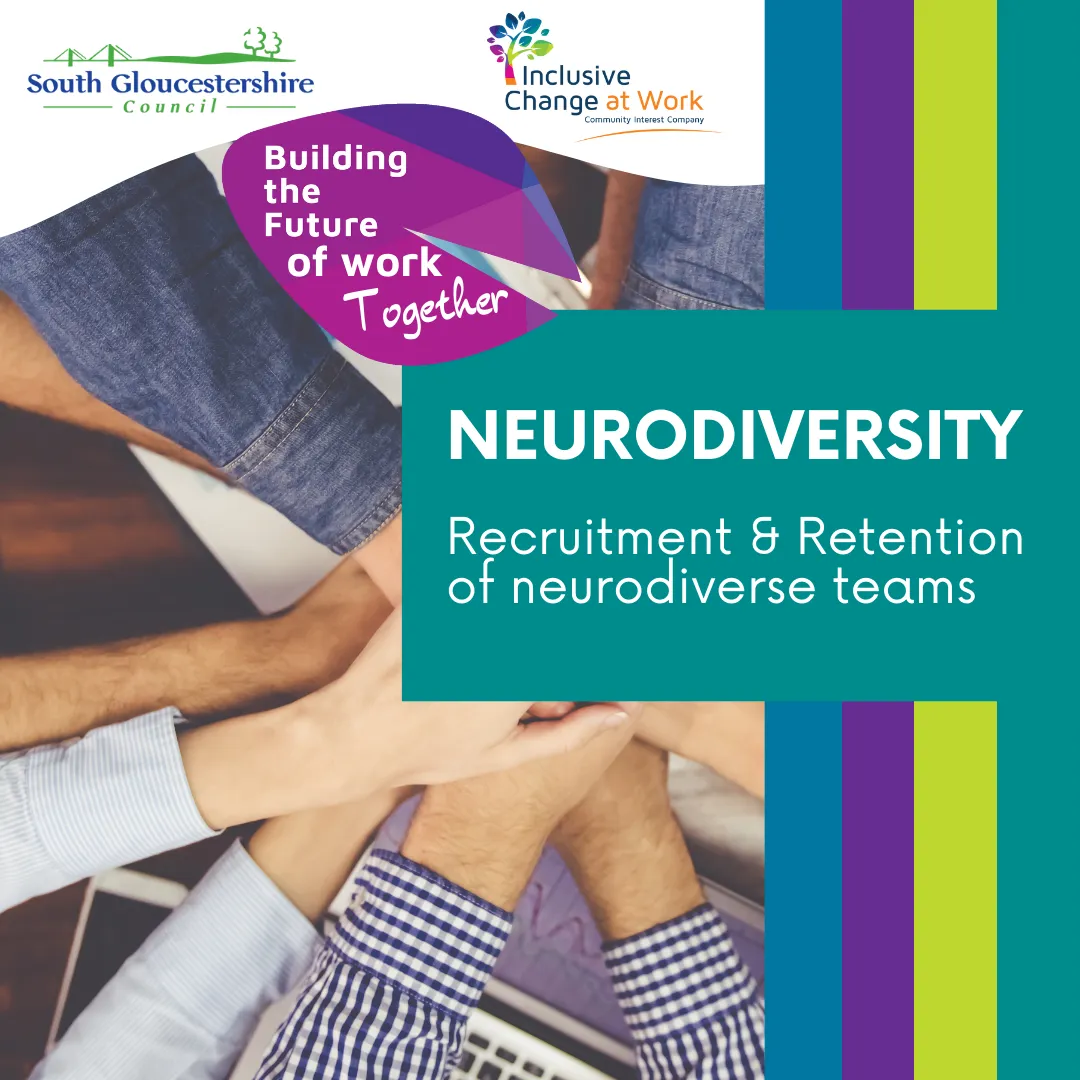Take a look at our
Upcoming Events
With Inclusive Change
We host events in our local community in partnership with Inclusive Change At Work CIC. Take a look at the list below to find out whats on.
Our online events are designed to inform and educate. We have a range of free and on demand events online.

Our team are experienced speakers and can be booked to educate and entertain at your next event - get in touch to find out how we can help.
Important Dates in our Calendar

Sept 2025
10th - South Glos. EDI Conference, The Growth Hub, Oxstalls Campus
24th - Start the Conversation - FREE Webinar, Online
Oct 2025
23rd - F'Up Night Exeter, The Bootlegger, 6-9pm
29th - Free, In-Person Tekmatix Workshop, Bristol

FREE In-Person Tekmatix Workshop
How to Scale Your Business With Tech, Automation & AI
WHEN: 29th October 9am - 3pm
WHERE: St Michael's Centre, North Road, Stoke Gifford, Bristol, BS34 8PD
Join Tekmatix in Bristol for a free, hands-on workshop with Sarah Cordiner. Discover how to use AI, tech and automation to grow your business smarter - not harder, with practical tools and strategies you can apply straight away.
This workshop is suitable for everyone - from established to just-starting-out businesses. Not very 'tech savvy'? That's ok, you will be after attending!
We are big fans of Tekmatix as we use it for just about everything, and so are thrilled this event is happening right on our doorstep!
Reserve your FREE spot following the link below.
Re-Visit our Past Events
BSides Bristol - 5th & 6th September
Red Flags or Reasonable Requests? Inclusive Risk Management in Cyber Teams
Lucy Smith joined day one of BSides Bristol as she explored the future of work – spotting red flags, recognising reasonable requests, and reframing adjustments as smart strategies for building high-performing, future-ready cyber teams.
Click on the button below to access Lucy's top ten tips for inclusive recruitment.
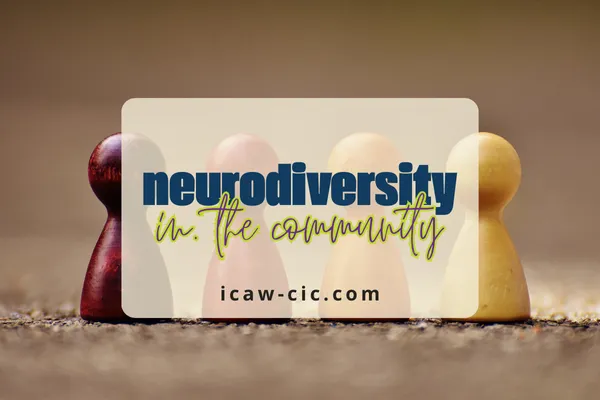
Inclusive Change at Work
In the community
From January to March 2025, our sister community interest company, Inclusive Change at Work CIC, hosted transformative workshops to promote understanding and inclusion for neurodivergent individuals and their families.
We gathered at Emersons Green Village Hall for expert-led sessions that offered practical strategies and a welcoming space for learning and growth.
Visit our recap page for more information about the sessions plus useful links and articles.

Building the Future
Of Work, Together
During 2024, and the start of 2025, we hosted live webinars and in-person workshops dedicated to supporting neurodiverse and disabled young people in the workplace.
Some sessions guided businesses on the value of workplace diversity and inclusion, highlighting how neurodivergent talent strengthens teams and fosters innovation.
The other sessions, designed for parents and carers of neurodivese young adults, provided insights into workplace opportunities and support for thier young people, inspiring hope for their future careers. Attendees had the opportunity to learn, connect, and contribute to more inclusive work environments.
Take a look at our recap pages, you can watch the recordings and you will find a host of information, articles and freebies too!
Our Event Blog - Where we've been, what we've learned
Sharing our experiences, insights, and standout moments from industry events
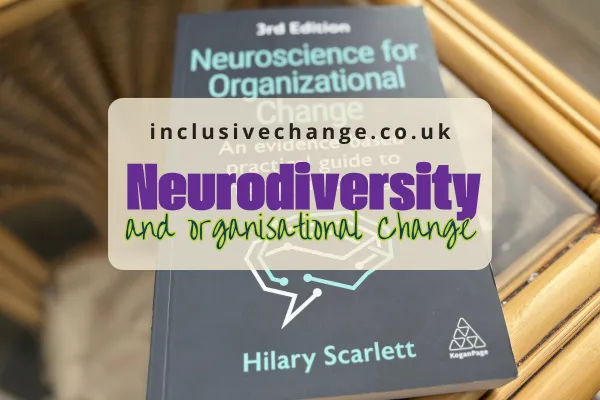
Psychological safety in change
Change doesn’t just shake up structures and systems, it unsettles people. For neurodivergent employees, the emotional impact of organisational change can be profound, particularly when psychological safety is lacking or inconsistently applied.
In the final part of this blog series, based on an interview I gave published in Neuroscience for Organisational Change with Hilary Scarlett we explore why psychological safety must be sustained through change, and why managers and leaders carry a particular responsibility to protect and promote it. Without this foundation, even the most inclusive strategies can unravel.
Psychological Safety Is Not a One-Off Effort
Psychological safety means being able to speak up, share concerns, or show vulnerability without fear of judgment or consequence. It is a prerequisite for innovation, collaboration, and inclusion, and it is especially crucial for neurodivergent employees, many of whom may have experienced misunderstanding, exclusion, or stigma in previous roles.
When change arrives, the dynamics shift. Project leads may foster safe environments during the transition, but what happens when they leave? If a new manager replaces a psychologically safe leader with a more rigid or less empathetic approach, the sense of safety can collapse overnight.
For a neurodivergent person who has disclosed a diagnosis, raised concerns, or taken interpersonal risks, this shift can be deeply damaging. Trust is fragile. Once broken, it takes more than policy to repair.
The Manager’s Role in Navigating Neurodivergent Needs
Managers are on the front line of change. They don’t need to know the diagnoses of their team members, but they must be attuned to signs of struggle, and ready to respond constructively. That means asking thoughtful questions, not making assumptions.
A well-intentioned manager might notice someone disengaging and assume they are resistant. But if that person is dealing with the loss of their work routines, or has lost access to the tools that supported their performance, what looks like resistance may be exhaustion or anxiety.
One common misunderstanding relates to Rejection Sensitivity Dysphoria (RSD), which is particularly prevalent among people with ADHD. Even neutral feedback or a change in tone can trigger an outsized emotional response. A neurodivergent employee might suddenly leave a meeting, not from aggression but to avoid crying or showing visible distress, behaviour that could be misread if not understood through the right lens.
Managers must be trained to navigate these subtleties. They need the language, the empathy, and the tools to differentiate between behavioural issues and unmet needs. This isn't a one off awareness session but might look like a peer support or coaching network for managers or access to an experienced coach for your team when you are going through change programmes.
Designing for Safety, Not Just Compliance
Psychological safety cannot be left to chance. It must be built into the culture of change, not bolted on. This can mean:
Establishing regular, non-judgmental check-ins during periods of change
Offering a range of communication channels for feedback or concerns
Normalising conversations about different work styles, regardless of disclosure or sharing needs
Training leaders in neuroinclusive communication, empathy, and support strategies
A Foundation in Neuroscience
In Neuroscience for Organizational Change, Hilary Scarlett outlines the neurological need for control, predictability, and social connection. Psychological safety supports these needs, and its absence can trigger fight, flight, freeze, or fawn responses, particularly in neurodivergent individuals.
The book provides powerful insights into how leaders can design change in a way that works with the brain, not against it. For any organisation looking to make inclusion real, it’s an essential resource.
Order your copy at Kogan Page and use code NEW20 for 20% off your first purchase.
Embedding Lasting Change
At Inclusive Change, we work with organisations to embed psychological safety and neuroinclusion into the heart of their change programmes. From leadership coaching to ND audits and bespoke training, we help leaders shift from awareness to action.
To find out how we can support your team, visit inclusivechange.co.uk
Free Resources - Short Courses & Webinars
Want easy access to all of our free resources? Click on the link below to register and you will get access to all of our free stuff in one place.
We are always adding and updating the list and will notify you when we drop new content.
Inclusive Change Ltd
The Brightwell, Bradbury House
Wheatfield Drive
Bradley Stoke, Bristol
BS329DB
Copyright 2025 - Inclusive Change Ltd
Companies House: 12412464
VAT NO: 352 1564 17
ICO Reg: ZB081779
UK Register of Learning Providers: 10090652
Reg no: 12412464

